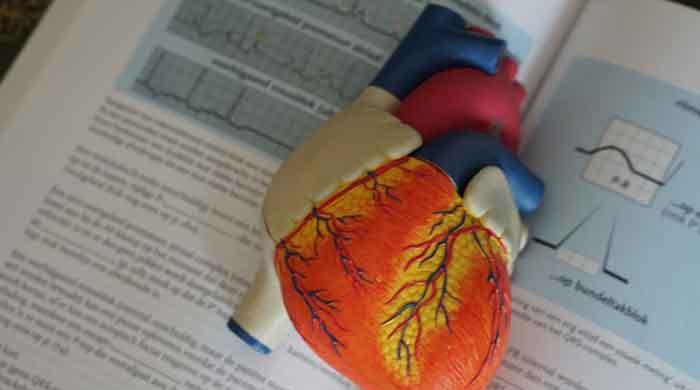How much protein is too much protein? It depends on your age, weight, height and other factors
Protein serves as crucial component for bodily functions, contributing to hormonal regulation, muscle building
March 05, 2024

High-protein diets have become a nutritional trend, yet the notion that more is always better doesn't hold in this case.
It is important to assess adequate intake, and potential risks of excessive protein consumption provide essential insights for maintaining a balanced diet and overall well-being.
Protein serves as a crucial component for bodily functions, contributing to hormonal regulation and providing structure to muscles, organs, and bones.
However, the idea that there's no such thing as too much protein is challenged by individualised needs based on factors like height, weight, sex, and activity level.
While the average healthy adult requires approximately 0.8 grammes per kilogramme of body weight, variations exist for specific conditions, ranging from 0.6 to 2.5 grammes per kilogramme.
Despite the widespread emphasis on protein, Americans, on average, consume double the necessary amount, leading to potential health concerns.
Excess protein can convert to fat stores, contributing to unexpected weight gain. Moreover, the environmental impact of excessive protein intake, highlighted by nitrogen-rich urea in wastewater, raises environmental challenges.
The consequences of overconsumption extend to kidney strain, dehydration, and undesirable symptoms like bad breath, headaches, fatigue, and stomach upset.
Awareness of these risks emphasises the importance of understanding individual protein needs and adopting a balanced approach that includes both plant and animal-based protein sources.
Navigating the protein paradox involves selecting lean animal proteins, incorporating plant-based options, and avoiding excessive reliance on supplements.
In a society grappling with protein obsession, finding the right balance becomes crucial for sustained energy levels, satiety, and overall health.
Consulting with healthcare professionals for personalised dietary recommendations ensures a nuanced understanding of protein requirements tailored to individual circumstances.











